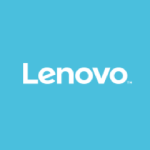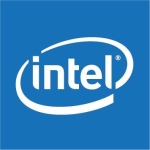Flexibility, scalability, and being a standard. I've used during my career. It's useful to know exactly where to go for information and where to go for support. It just works.
Just that support is really easy to get a hold of and when things are not functioning, they are able to get the right parts within the right SLAs and it just happens.
I would like to see an on-demand model. I think they are already going there. I would like to see something in which you can move your workloads to a cloud kind of offering. That would be something that would be ideal in the future.
From a pricing perspective, a consumption based model would be optimal. There are times when a complete purchase isn’t required and a short term burst of compute is needed.
The stability is really good.
The level of scalability depending on the product you choose. With the DL specifically, you can have as many hosts as you want or as much storage as you want. It is very modular. You can just keep bolting things on, essentially like LEGO.
I have used technical support, but not recently. In the past, they were really good when I used them.
I've only been with the organization a short time. The decision to go with this product was made before I started. The vendor, who did our infrastructure as a service offering, is an HPE partner. So we didn't really choose the solution, but rather, it came to us. And I wouldn't have chosen anything else anyway.
When selecting a vendor, I look for flexibility and support. Everyone has a good sales pitch. However, when it comes to actually executing on it and supporting it long-term, those are the really important parts that not a lot of people consider up front.
I was not involved in the setup at this organization.
Just make sure you look at the total cost of ownership and the long-term use case of what you're actually doing, versus the problem that you're trying to solve right now.










